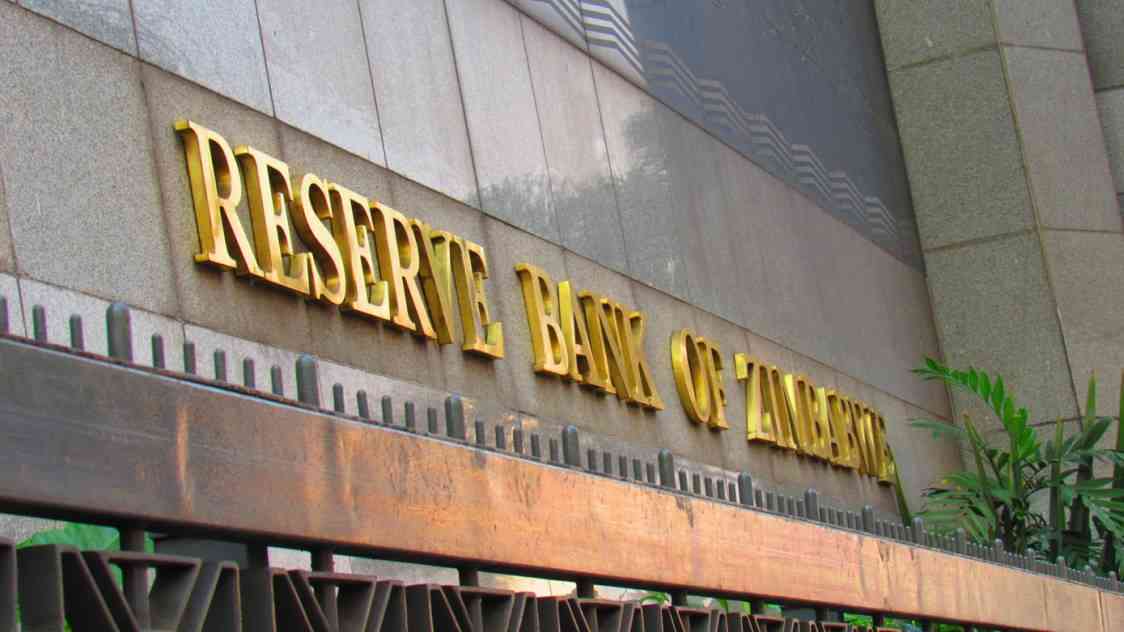BY TATIRA ZWINOIRA
THE World Economic Forum (WEF) has applauded the effectiveness of the Zimbabwe Revenue Authority (Zimra) Electronic Cargo Tracking System (ECTS) in reducing the operational cost of transit monitoring, and has encouraged more risk-based inspections.
Zimbabwe’s ECTS has led to the detection of the illegal transit of 140 000 litres of diesel and US$55 650 in excise duty being saved as a result. It also led to 3 232 new taxpayers being registered and 106 cases being referred to audits.
In its new publication on intra-African trade released at WEF’s annual meetings in Davos, Switzerland last week, the WEF said the introduction of the ECTS had brought about a major improvement in curbing illegal imports into Zimbabwe.
“Before the introduction of an ECTS in Zimbabwe, volumes of illegal imports were dumped in the country’s domestic markets, due partly to the absence of a live tracking mechanism for cargo. At the time, only transit data was available in the system and consequently other data was being tampered with and delays in transit often occurred, along with incidents of theft and smuggling,” the report titled Growing Intra-African Trade through Digital Transformation of Border and Customs Service’s Regional Action Group for Africa notes.
“For example, between 2009 and 2016, the smuggling of petrol and diesel increased by almost 600%, and it is alleged that smugglers would often disguise petrol and diesel as duty-free paraffin,” further read the report.
In 2017, Zimra, with the support of the African Development Bank introduced the ECTS to curb incidents of dumping and reduce the operational cost of transit monitoring and, ultimately, strengthen its enforcement of cargo handling regulations.
WEF has called for more risk-based inspections in transit monitoring, as it refers to developing a scheme of inspection based on knowledge of the risk of failure in customs and border administration processes.
- Chamisa under fire over US$120K donation
- Mavhunga puts DeMbare into Chibuku quarterfinals
- Pension funds bet on Cabora Bassa oilfields
- Councils defy govt fire tender directive
Keep Reading
The forum found that the administrative burden of border and customs clearance is an impediment to timely and cost-efficient movement of goods continentally.
The report also noted that using digital solutions in border and customs administration reduces time taken and associated costs.
WEF said cargo inspections could result in significant delays at borders even when non-intrusive inspections are conducted, especially when all of the cargo is checked and there is insufficient information to determine which shipments should be inspected.
“Risk-based inspections assist in reducing the number of inspections that need to be undertaken. Past data on various types of cargo such as the level of inspection, the outcome of inspections and the penalties applied for infractions can be used to determine risk scores that can then be used to determine which cargo should be inspected in future,” WEF said.
“In this way, the number of shipments inspected can be narrowed down to those that have a higher probability of infractions. In addition, joint inspections of cargo by various agencies of the same country or joint inspections by officials from two neighbouring countries can help to reduce the number of times cargo needs to be inspected. This, coupled with risk-based inspections, can significantly reduce the time taken to clear goods,” WEF added.
According to the report, in Africa, the United Nations Conference on Trade and Development estimates that the reduction of non-trade barriers (some related to border and customs administration) could lead to trade gains in Africa of US$20 billion per year.
“Sadc (Southern African Development Community) and UMA (the Maghreb Union) are the two African RECs (regional economic communities) with the least cost and the shortest time to comply with customs when importing goods. It takes less time to comply with customs when importing in Sadc compared to UMA, but the process costs less in UMA compared to Sadc,” WEF said.
UMA is a regional bloc among Arab countries located primarily in the Maghreb in North Africa.
- Follow us on Twitter @NewsDayZimbabwe











